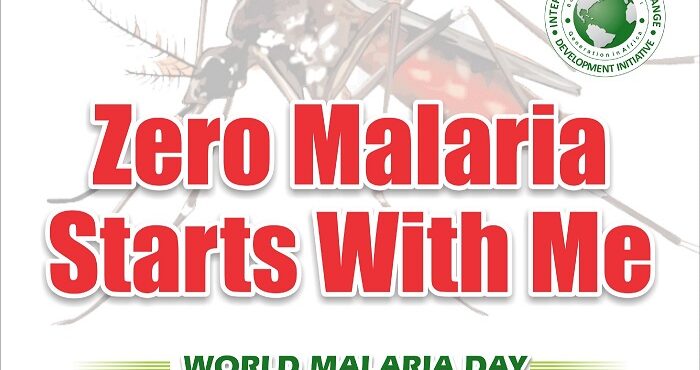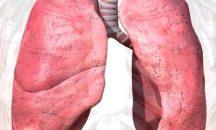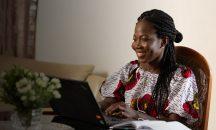Achieving a zero-malaria society through innovation

Malaria for centuries has been so common in our part of the world that people tend to associate any form of fever or “bitter taste in mouth” or even general feeling of not being well with malaria. Everyone seems to be an authority on diagnosing and treating malaria and the result is quite often not malaria at all that the person may be suffering from. Who can blame the numerous “malaria consultants”? The disease has caused so much menace in Ghana that it qualified as one of the six childhood killer diseases. Malaria is caused by a parasite of the genus plasmodium. The parasite is transmitted to humans through mosquito (female anopheles) bites.
According to the World Health Organisation, Ghana’s malaria interventions over the years have yielded some positive impact; fewer people keep dying from malaria. 308 deaths were recorded in 2020 compared with 1,264 in 2016. Malaria related deaths also recorded eight people dying from malaria each day in 2016 whilst only one person died from malaria every day in 2020. These figures should make us proud of how far we have come but that shouldn’t make us complacent. This is because, people are still dying from malaria despite the measures put in place to eradicate it.
This year, the World Health Organisation is calling for investments and innovation that bring new vector control approaches, diagnostics, antimalarial medicines and other tools to speed the pace of progress against malaria. Hence the theme “Harness innovation to reduce the malaria disease burden and save lives.”
It is heart-warming to note that a vaccine for malaria is now available and is being tried on a pilot basis in many countries including Ghana, but more has to be done. “Boosting investments in the development and deployment of a new generation of malaria tools is key to achieving the 2030 global malaria targets. Future progress in the fight against malaria will likely be shaped by technological advances and innovation in new tools, such as new vector control approaches, improved diagnostics and more effective antimalarial medicines.”
Prevention of Malaria
- Vector control is crucial – prevent the mosquito from biting.
- Dress appropriately to cover body during peak times of mosquito bites – that is from dusk to dawn.
- Clear pools of water etc.
- Sleep under insecticide-treated mosquito nets (ITN)
- Indoor spraying with residual insecticides etc
- Certain category of people may require antimalarial prophylaxis (low dose antimalarial medicines to prevent malaria)
- It is recommended that pregnant women in endemic areas after the first three (3) months of pregnancy should be given scheduled (intermittent) preventive treatment.
People at a higher risk
About half of the world’s population is at risk but the following are at a higher risk:
- Young children in malaria endemic areas because they have not yet developed protective immunity
- Pregnant women – may lead to miscarriage and even maternal death
- People with HIV/AIDS
- Travellers from non-endemic areas because they lack immunity.
- Immigrants from endemic areas and their children living in non-endemic areas who visit their home countries. They are at risk because of waning or absent immunity.
Remember to see the doctor if you have the following symptoms:
- Fever
- Chills
- General feeling of discomfort
- Headache
- Nausea and vomiting
- Diarrhoea
- Abdominal pain
- Muscle or joint pain
- Fatigue
- Rapid breathing
- Rapid heart rate
- Cough
There is a growing trend of the sale of herbal malaria medication at every corner of the country. Remember to test for malaria before using these medications and also remember to purchase your herbal medication from trusted sources. For the sake of your kidney and liver health, follow the instructions on given any medication you would take to cure malaria.
Remember that Malaria is curable and preventable. Together we can work to have a zero-malaria country.
Refrences:
- www.healthessentialsgh.com
- ww.mayoclinic.org
- www.who.int
Written by:
Augustina Otema Amarh and Maureen Masopeh
Content Creators
Health Essentials Limited














